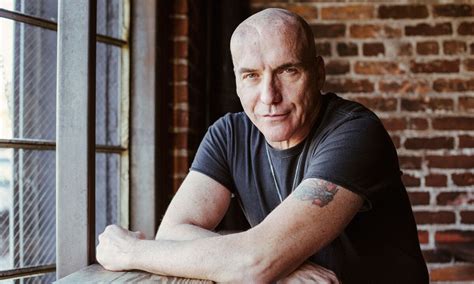A Quote by Nelson Mandela
Racism is a blight on the human conscience. The idea that any people can be inferior to another, to the point where those who consider themselves superior define and treat the rest as subhuman, denies the humanity even of those who elevate themselves to the status of gods.
Related Quotes
People in the media and press often say they've never been good at math. It might be that people that consider themselves creative didn't consider themselves good at math or didn't find math interesting at those early stages. And those creative people are disproportionately represented in those influential roles.
The most radical division that it is possible to make of humanity is that which splits it into two classes of creatures: Those who make great demands on themselves, piling up difficulties and duties; and those who demand nothing special of themselves, but for whom to live is to be every moment what they already are, without imposing on themselves any effort towards perfection, mere buoys that float on the waves.
Patriarchy, like any system of domination (for example, racism), relies on socializing everyone to believe that in all human relations there is an inferior and a superior party, one person is strong, the other weak, and that it is therefore natural for the powerful to rule over the powerless. To those who support patriarchal thinking, maintaining power and control is acceptable by whatever means.
The Strength of a hero is not in her abilities. In her weapons. These things are important, but they are not the source of her strength. The source of her strength is in her belief in an idea – the idea that those who are strong, and those who are able, protect those who are not, and those who cannot protect themselves. The idea that the good, and the right, will triumph. She is willing to put herself in harm’s way – in mortal danger – to prove her belief in this idea.” “That it is the duty of those who have within themselves the power, and the gift, to help others.
So we must lay it down that the association which is a state exists not for the purpose of living together but for the sake of noble actions. Those who contribute most to this kind of association are for that very reason entitled to a larger share in the state than those who, though they may be equal or even superior in free birth and in family, are inferior in the virtue that belongs to a citizen. Similarly they are entitled to a larger share than those who are superior in riches but inferior in virtue.
To be kind, honest and have positive thoughts; to forgive those who harm us and treat everyone as a friend; to help those who are suffering and never to consider ourselves superior to anyone else: even if this advice seems rather simplistic, make the effort of seeing whether by following it you can find greater happiness.
Now the myths represent the Gods themselves and the goodness of the Gods subject always to the distinction of the speakable and the unspeakable, the revealed and the unrevealed, that which is clear and that which is hidden: since, just as the Gods have made the goods of sense common to all, but those of intellect only to the wise, so the myths state the existence of Gods to all, but who and what they are only to those who can understand.
Here's an easy one: "Race is an entirely social construct." No, it's partially one, depending on how any given society seeks to define it and its implications. But there are basic things such as skin color and hair texture. Even a Martian who'd had no exposure to human "social constructs" would be able to spot those differences. But no Martian, as hard as he tried, could point at a "culture" or to "equality." Those are the social constructs. Those can't be measured in the same way as human DNA.
Those who know others are intelligent Those who know themselves have insight. Those who master others have force Those who master themselves have strength.Those who know what is enough are wealthy. Those who persevere have direction. Those who maintain their position endure. And those who die and yet do not perish, live on.
Stay close to those who are not afraid to be vulnerable, because they have confidence in themselves and know that, at some point in our lives, we all stumble; they do not interpret this as a sign of weakness, but of humanity.
Avoid those who talk a great deal before acting, those who never take a step without being quite sure that it will bring them respect.
There is no neutral ground when it comes to the tolerance question. Everybody has a point of view she thinks is right, and everybody passes judgment at some point or another. The Christian gets pigeonholed as the judgmental one, but everyone else is judging, too, even people who consider themselves relativists.
Even today many educated people think that the victory of Christianity over Greek philosophy is a proof of the superior truth of the former - although in this case it was only the coarser and more violent that conquered the more spiritual and delicate. So far as superior truth is concerned, it is enough to observe that the awakening sciences have allied themselves point by point with the philosophy of Epicurus, but point by point rejected Christianity.











































